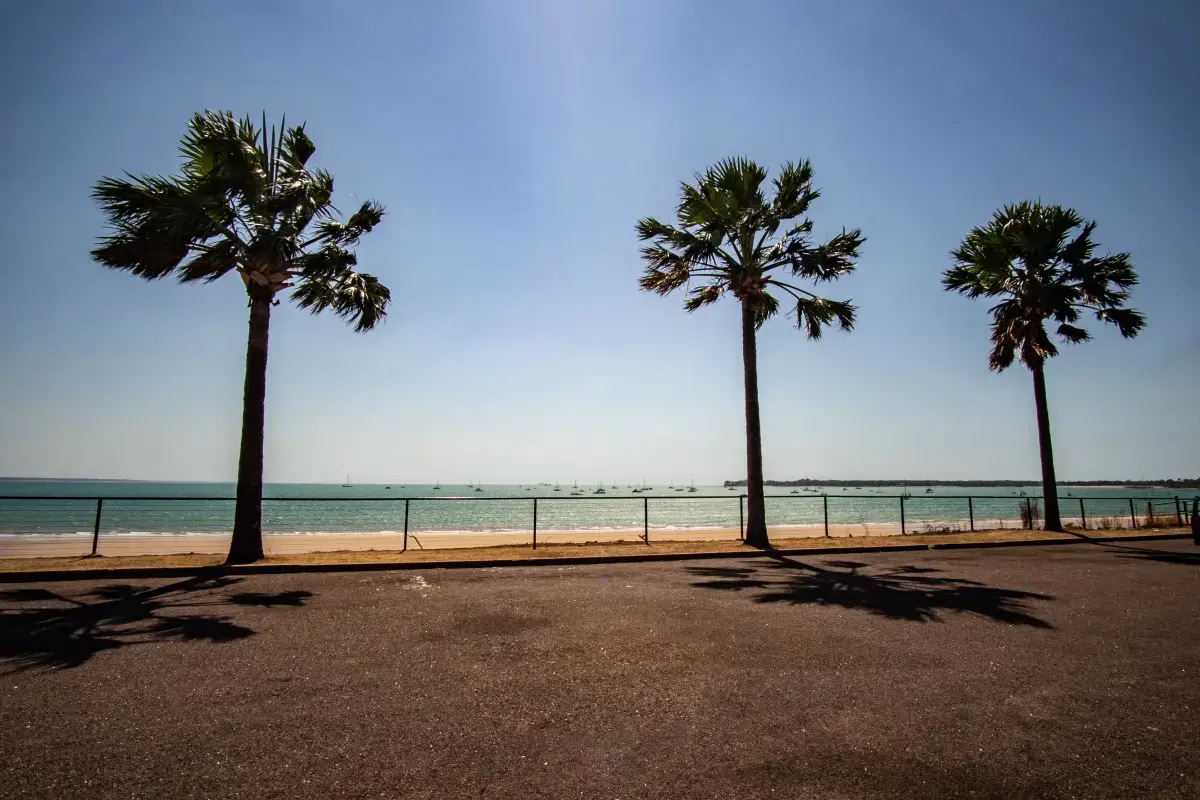- Anesthesiologist
- Obstetrician and Gynecologist
- Psychiatrists
- Surgeons
- General Internal Medicine
- Physicians
- Ophthalmologists
- Orthodontist
- Product Manager
- Artificial Intelligence & Machine Learning (AI/ML) Engineer
- Full-Stack Developer
- Cloud Architect
- DevOps Engineer
- Blockchain Engineer
- Software Architect
- Big Data Engineer
- Internet of Things (IoT) Solutions Architect
- Data Scientist
- Cyber Security Architect

Moving to Australia in 2025
Step by step guide on migrating and relocating to Australia in 2025?
Use our Guide to find all the moving information you may need if you are thinking of moving or working in Australia.
People relocate and move to Australia due to a variety of reasons. Firstly, Australia has a strong, stable economy, with low taxes and an excellent infrastructure. This makes it an attractive destination for those looking for new economic or business opportunities. Further, Australia has a culture of welcoming migrants and a vibrant, multi-cultural society. This makes it a great place to start a new life and make a home. Another big reason for relocating to Australia is for its lifestyle. With its sunny climate and beautiful outdoor lifestyle, there is something for everyone in this country. Australian cities are vibrant and offer great amenities, such as restaurants and shops, and even a diverse range of cultural activities. There is a range of safe, friendly neighbourhoods and quality transport links. Education is also a major factor for relocation to Australia. Australia provides some of the best education in the world, with quality schools and universities. The country also has an excellent track record when it comes to job opportunities, making it a great destination for young people who want to pursue their career prospects. Finally, Australia is a country with plenty to offer in terms of attractions and leisure activities. This includes stunning beaches, tropical rainforests, national parks, and a unique wildlife. No matter the reason for relocation, it’s easy to see why people choose to move to Australia.
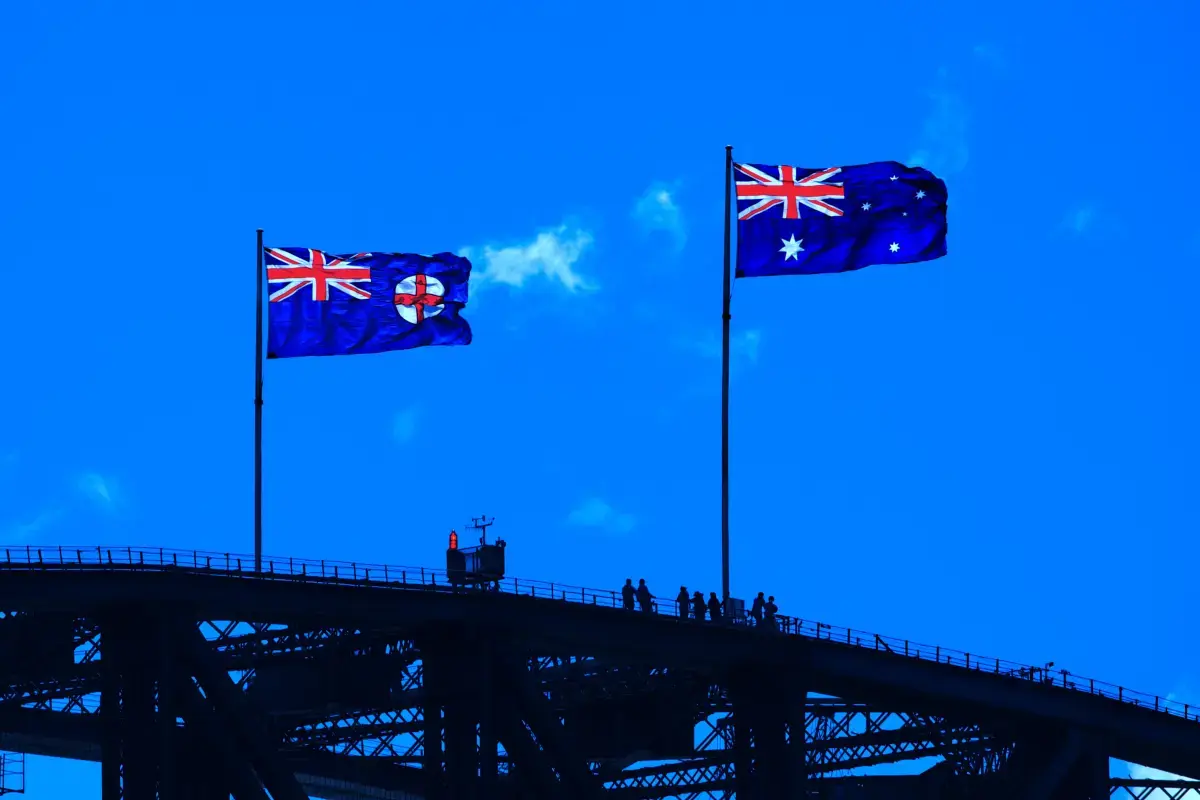
Gigs
Cost of Moving to Australia
The costs associated with moving to Australia can vary significantly depending on the individuals situation and their desired destination within Australia. Generally, the most significant costs for international ex-pats and migrants come from obtaining the necessary visas, purchasing plane tickets and any necessary insurance, shipping belongings, and relocation and storage costs. Visa Costs: The cost of obtaining the necessary visa to move to Australia can vary depending upon the country and type of visa you are applying for. Generally speaking, the standard cost to obtain a permanent visa is AUD 455 per person as of April 2021. There are a variety of other visa options, however, and some are more expensive and some are less. For temporary visas, the cost can be as low as AUD 20 and can exceed AUD 1500, depending on the visa. An immigration lawyer or consultant may also be needed and the cost of their services should be factored into the cost of moving to Australia. Airfare: The cost of purchasing plane tickets to Australia will differ depending on the individual and is dependent upon the time of year, airline, and route selected. Generally, the cost of flights from Europe to Australia range from AUD 800-2000 per person depending on the type of class and route chosen. Insurance: Health and other types of insurance are necessary for moving to Australia. Medicare, or Australias public health system, is available for permanent residents and citizens, however, some other costs may not be covered fully and private health insurance may be necessary. In terms of other types of insurance, liability insurance may be required depending on the visa, and life and home insurance may be advisable. The cost of these various types of insurance will vary depending on each individuals situation, however, an accredited insurance broker should be consulted to ensure coverage is adequate and cost effective. Shipping and Relocation Costs: The cost of moving belongings to Australia can add up quickly. Australia has specific regulations regarding the import of items and if not followed, it could result in customs and quarantine fines which can be costly. A licensed customs broker can be of great assistance in clearing the goods through customs and ensuring no fines are accrued. The cost for a mover to actually ship goods to Australia will depend on the weight and size of the load, however, the cost can be in the range of thousands of AUD depending on the size of the shipment. Additionally, the cost of relocation services should also be factored into any move to Australia. This can include the cost of airfare for those moving to Australia, arrival assistance with accommodation, transportation, and other lifestyle costs. Storage: Storage fees may be applicable for those who would like their belongings shipped to Australia before they arrive, or for those who are returning to Australia after a period of time and will not have access to their home until they arrive. The cost of storage can also vary depending on the amount of storage needed and the duration of the stay. Overall, the cost associated with moving to Australia can add up quickly, and one should take into account all of the various costs associated with the move (visas, insurance, airfare, shipping, relocation, and storage) in order to better assess their budget for the move.

Jobs
Best Jobs in Australia
Many migrants move to Australia in search of higher paying jobs and better living conditions. The most popular jobs among these migrants include Engineering, IT and Healthcare. Engineering jobs are popular among migrants because of the higher salaries that accompany these positions. Salaries for engineers in Australia depend on their experience and qualifications, with the average salary ranging from AU$60,000 to AU$90,000 per year. Information Technology is another popular option for many migrants, as there is an abundance of openings available in this field. IT professionals usually have salaries ranging between AU$50,000 and AU$180,000 a year. The Healthcare sector is also an attractive option for migrants. This sector offers a range of jobs, with salaries ranging from AU$60,000 to AU$140,000 for doctors and other medical professionals, depending on qualifications and experience. Nurses and allied health professionals can expect salaries ranging from AU$50,000 to AU$90,000 per year. In addition to these popular jobs, migrants may also be interested in working in various other fields such as Banking, Finance, Retail, Hospitality, and Construction. Salaries in these fields depend on the specific job and qualifications but usually range from AU$40,000 to AU$90,000 per year.

Volunteers
Weather in Australia
Australia experiences a variety of climates and weather. The climate ranges from tropical in the north to temperate in the south. Australias weather is highly variable and is greatly influenced by the El Niño-Southern Oscillation, which brings periods of both high and low rainfall. The northern part of the country has a tropical climate, with wet and dry seasons. The wet season begins in October or November and ends in April. This is Australias monsoon season, and the season brings with it high humidity and heavy rainfall. The southern part of the country experiences mild temperatures with cooler winters and warm summers. The climate is generally temperate in this area, but temperatures can become quite cold over winter in the alpine regions. Australia has four distinct seasons: summer, autumn, winter and spring. Summer runs from December to February and generally brings warm and humid conditions across the country. Autumn runs from March to May and generally brings cool and mild temperatures. Winter runs from June to August and generally brings cold and wet weather. Spring runs from September to November and generally brings mild and wet conditions. In the northern parts of Australia, the wet season occurs during summer, while in other parts it may occur at any time of year. The dry season generally starts in April and ends in October, with dry and warm conditions. Overall, Australia has a varied climate, with different parts of the country experiencing a variety of weather conditions. While most of the country experiences warm, humid summers, there can be considerable variation in temperatures throughout the year.

Promote
Tax & Welfare System in Australia
The taxation system and social welfare system in Australia is an integrated system whereby individuals, business owners and corporations are required to pay taxation in order to support the nation’s social welfare system. Australia’s tax system is based on the principle of self-assessment whereby taxpayers are responsible for determining their own tax liability. Australia’s system of taxation consists of direct taxes and indirect taxes. Direct taxes are levied on individuals and businesses. Income tax is a direct tax paid by individuals on their income and businesses pay company tax on their profits. Indirect taxes are made up of taxes on goods and services. The Goods and Services Tax (GST) is an example of an indirect tax. GST is a consumption tax, which is applied at the point of sale on most goods and services. The taxation system is accompanied by social welfare policies, which provide financial assistance to eligible individuals and families. Social security supports individuals and families who have a low income and are unable to meet their basic financial needs. Social security payments are made with the aim of ensuring individuals have an adequate standard of living. Social security also helps individuals who are unable to access services due to disability, age or other circumstance. The taxation system, combined with the social welfare system, helps to ensure that everyone in Australia, regardless of their social or economic status, is able to access healthcare, education, housing and other essential services. It is important to remember that taxes are an important source of revenue for the government, which enables it to fund public programs that benefit all Australians.

Holidays in Australia
1.New Year’s Day: January 1st is the first public holiday of the year and commemorates the first day of the Gregorian calendar. Many Australians celebrate by attending church services, having family gatherings, or attending outdoor events. 2.Australia Day: Celebrated on the 26th of January, it marks the anniversary of the first fleet’s arrival in 1788 and is Australia’s National Day of Observance. Fireworks, outdoor musical performances, and outdoor activities are popular ways in which Australians participate in the festivities. 3.Anzac Day: April 25th marks the commemoration of the Australian and New Zealand Army Corps (ANZAC) at the battlefields of Gallipoli during World War One. Public services are held at dawn, and a national moment of silence is observed at midday. 4.Easter: This is one of the most popular public holidays in Australia and it’s usually celebrated over a long weekend. It commemorates the death and resurrection of Jesus Christ according to Christian beliefs and is celebrated in churches, outdoor events, and family gatherings. 5.Christmas Day: This public holiday is celebrated on December 25th and is the biggest day of the year for Australian families. It is a day of gift-giving and joy, and many churches host festive services. 6.Boxing Day: Boxing Day is celebrated on the 26th of December and is the day after Christmas Day. It is a day to relax and takes its name from the custom of giving boxing presents or money to service people at Christmas. 7.Queen’s Birthday: Celebrated on the second Monday in June, the Queen’s Birthday public holiday is a major event in Australia with sales, public festivities, and celebrations for the current reigning monarch. 8.Bank Holiday: The Bank Holiday occurs on the first Monday of August, and is also sometimes referred to as "the long weekend holiday". This holiday is a great time for Australians to take a holiday or a mini-break as many shops and businesses close down for the day. 9.Labor Day: Labour Day is observed on the first Monday of October and is a public holiday across Australia. It is a day to commemorate the achievements of workers and celebrates their contributions to the economy. 10.Grand Final Friday: Grand Final Friday is contested on the last Friday of September and sees many workplaces close for the day so that staff can attend football matches or sports events.
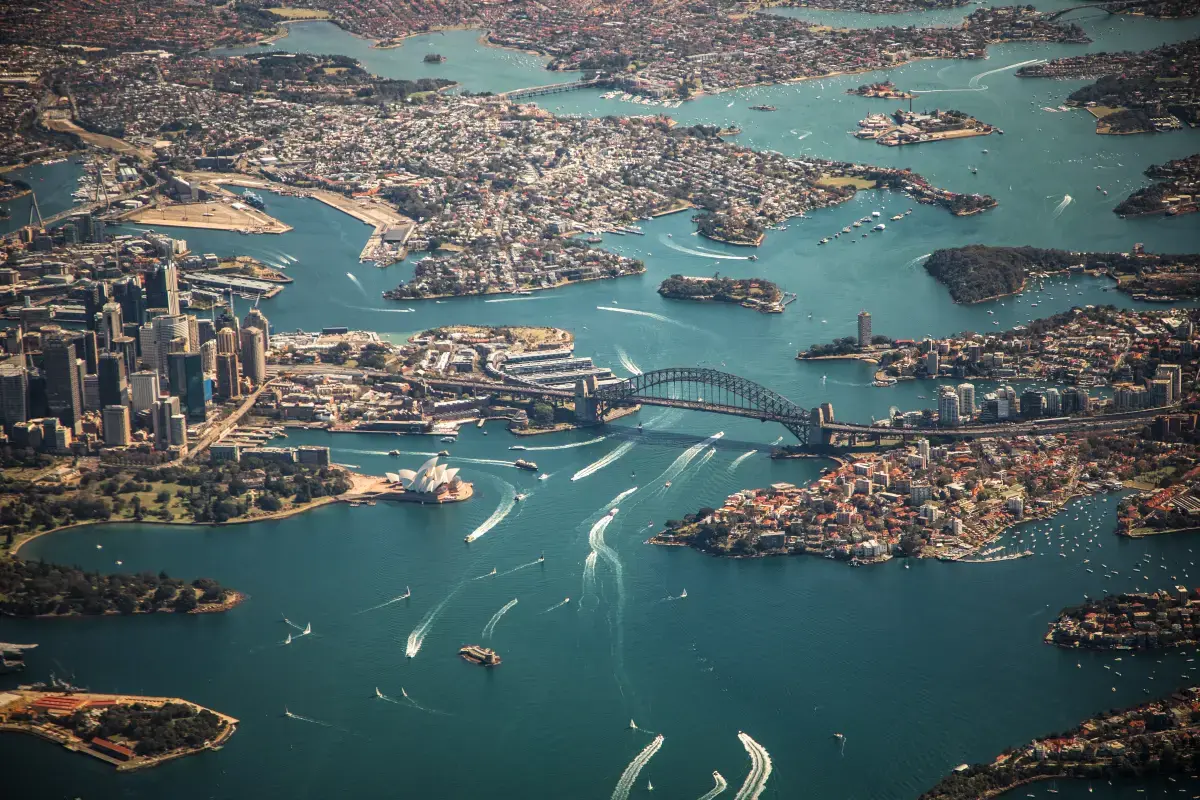
Where to Live in Australia
The most densely populated areas of Australia are the mainland state capitals, especially Melbourne, Sydney and Brisbane. This is where the majority of jobs can be found. Melbourne, in particular, boasts the strongest job market and is ranked as one of the most liveable cities in the world. The CBDs of each city is home to the highest density of population and the greatest amount of jobs. Melbourne and Sydney are both home to a vast array of career options, such as finance, IT and professional services to name a few. They are also hubs of cultural activity and creative industries, as well as providing many job opportunities in the public sector. Brisbane is well known for its innovation culture and is rapidly becoming a major hub for tech startups, as well as hosting a number of research and development centres for international companies. It is also home to a number of government departments and corporate headquarters. Outside the capitals, the population of Australia is more spread out, but major cities such as Perth, Adelaide and Canberra still boast a strong job market. Perth is known for its strong resources sector, while Adelaide is known for its vibrant arts and cultural scene. No matter where you are in Australia, there are plenty of job opportunities available, with the major cities having the most concentration of work opportunities. A highly skilled population, with a good level of education makes finding work in Australia a relatively easy task.

Sports & Recreation in Australia
Popular sports and recreational activities in Australia vary depending on the season, but generally include some combination of swimming, surfing, cricket, soccer, running, and bike riding. Swimming is enjoyed year round in Australia; people often go to the beach for a leisurely swim or a more competitive game of beach volleyball. The country is also home to swimmers such as Ian Thorpe, who has won several Olympic gold medals in swimming. Surfing is a popular pastime alongside swimming and is mainly enjoyed during the summer months. Australia is home to renowned surfing spots such as Bells Beach and Manly Beach. Cricket is a well-loved sport at all levels in Australia, from professional clubs to local clubs. The Ashes is an annual competition between England and Australia that has been a fixture since 1877. Soccer is also popular in Australia, both as a spectator sport and as a recreational activity. The A-League is the top division of soccer in the country while the W-League is the top womens division. The Socceroos, the mens national team, is represented in major international competitions. Running is popular in Australia both as a competitive sport and a recreational activity. Races such as the City2Surf and the Melbourne Marathon are popular events while parks and sporting clubs often cater to runners of all levels. Finally, bike riding is a hugely popular pastime in Australia, with people either riding for leisure, competition or commuting. The Tour Down Under is the largest cycling event in the southern hemisphere, and mountain biking is also becoming increasingly popular.

Cost of Living & Housing in Australia
The cost of living in Australia will depend on a number of factors, such as your location, lifestyle choices, and how and where you choose to spend your money. Generally, the cost of living in Australia is higher than in other countries, such as the United States, for a number of reasons. First, real estate prices in Australia are incredibly high due to demand. The population is growing quickly, and there is a limited supply of housing, so the prices are incredibly high. These prices are also affected by the cost of materials, fees, and taxes. On average, the median price for a two-bedroom house in Australia is approximately $520,000. Second, the cost of basic necessities, such as food and groceries, can be high. Australia has to import much of its food, which is another factor driving up the prices. For example, 1 liter of milk can cost between $1.30 - $2.00. A mid-range loaf of bread can cost anywhere from $2.50 - $4.00 depending on size and type. Finally, the cost of entertainment and leisure activities are also relatively high. Going out to dinner can cost anywhere from $25 - $50 per person per meal. Tickets for a movie will cost $20+. Overall, the cost of living in Australia will depend on individual circumstances, but it is generally more expensive than other countries.The cost of housing in Australia depends on the area, type of house, as well as demand and supply dynamics in the area. Generally, the cost of housing in Australia tends to be higher than in other countries due to population growth and an increase in the costs of building materials and labour. In the capital cities, particularly Sydney and Melbourne, the median house price is around $800,000 AUD for a typical 3-bedroom house. In some areas of inner-city Sydney and Melbourne, the cost can be significantly higher. In regional areas and outer suburbs of the large cities, the cost of housing is generally cheaper, with the median house price hovering around $450,000 AUD to $500,000 AUD. The cost of renting a house or apartment in Australia can also vary significantly, depending on the area. In the inner suburbs of the large cities, renting prices are high, with the median rent for a 3-bedroom house in Sydney or Melbourne hovering around $710 AUD per week. In regional areas, the cost is generally more affordable, with the median rent hovering closer to $390 AUD per week. Finally, its important to note that both purchasing and renting housing can be more expensive in Australia than in other countries due to the cost of living in Australia, which can be more expensive than in other parts of the world. As a result, many Australians opt for alternative housing arrangements such as shared accommodation or house-sitting.

Finding a Job in Australia from Overseas as a Foreigner?
Use our Job hunting & job seeking guide to help your job searching easier.

The Best Rated Top 20 Recruitment Agencies in Australia
When searching for a Job from Overseas, reaching out to established Recruitment Agencies can help in your Job Search in Australia

What are the Best job boards in Australia
Jobseekers searching for jobs in Australia find the below job portals in in Australia as the best job websites for finding employment in in Australia
Best International Removals Companies to/from Australia
When the move to Australia gets closer, finding local and international removals companies that suit your requirements are critical. Find a list of the best companies Near You.
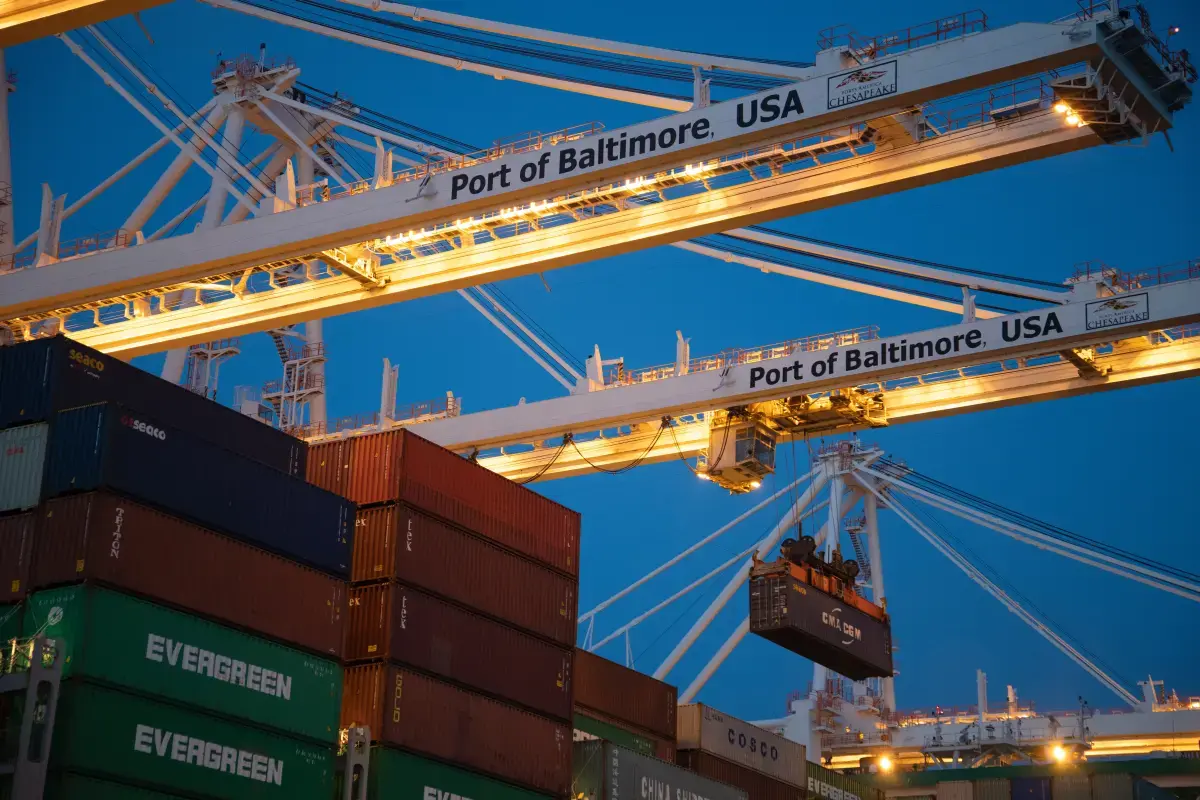
Expat info about living in
Don't just take our word for it.
Use the Best Forums in Australia to obtain all the independent advise about moving, living & working in Australia

Immigration Advice and Visa InformationAustralian
Need assistance with obtaining the correct Visas and Work Permits in Australia.
- Get expert advice to make the move to Australia as easy as possible
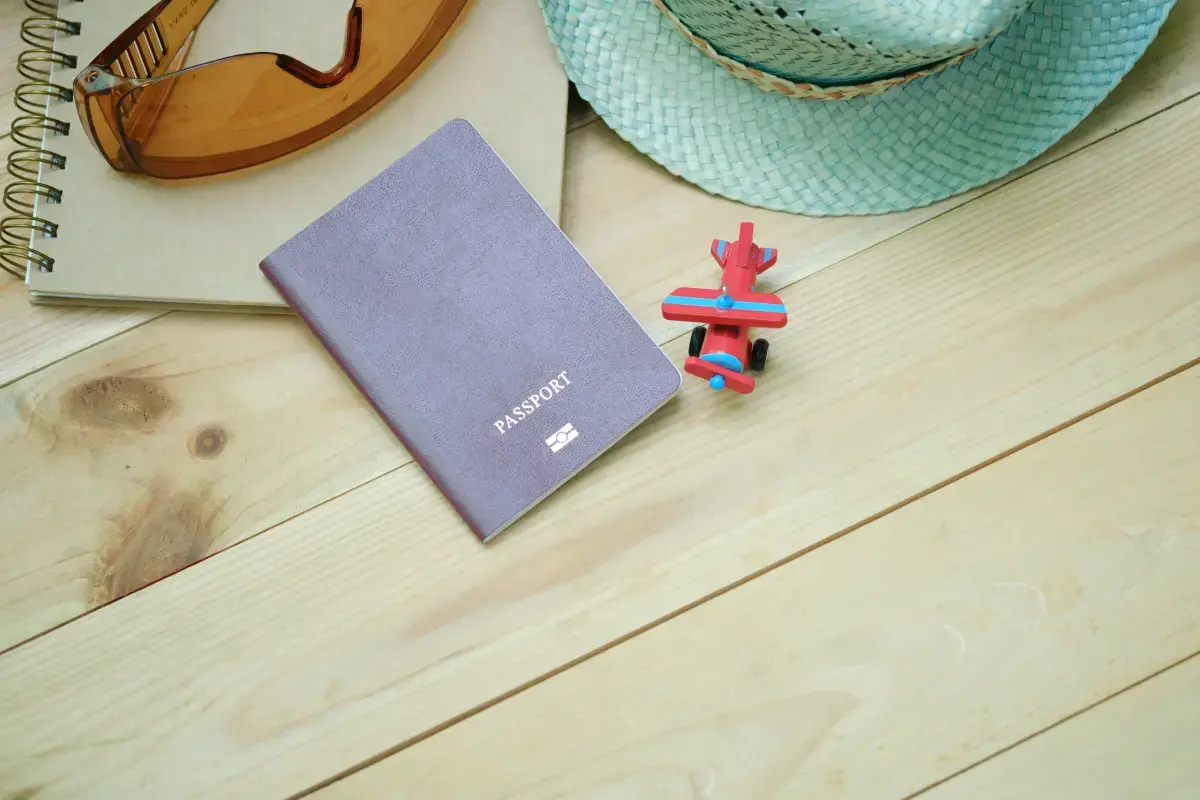
Find Trusted Local Home Services
When you arrive, understanding the Best Local Services to help with your odd jobs and tasks around the home is essential.

Best Areas to Live in Australia
Popular towns, cities and regions that are proving popular with migrants moving to Australia
Study and Higher Education in Australia
Search our list of all universities in Australia to help your reach your educational goals.
- Find the Best University in Australia that suits your needs
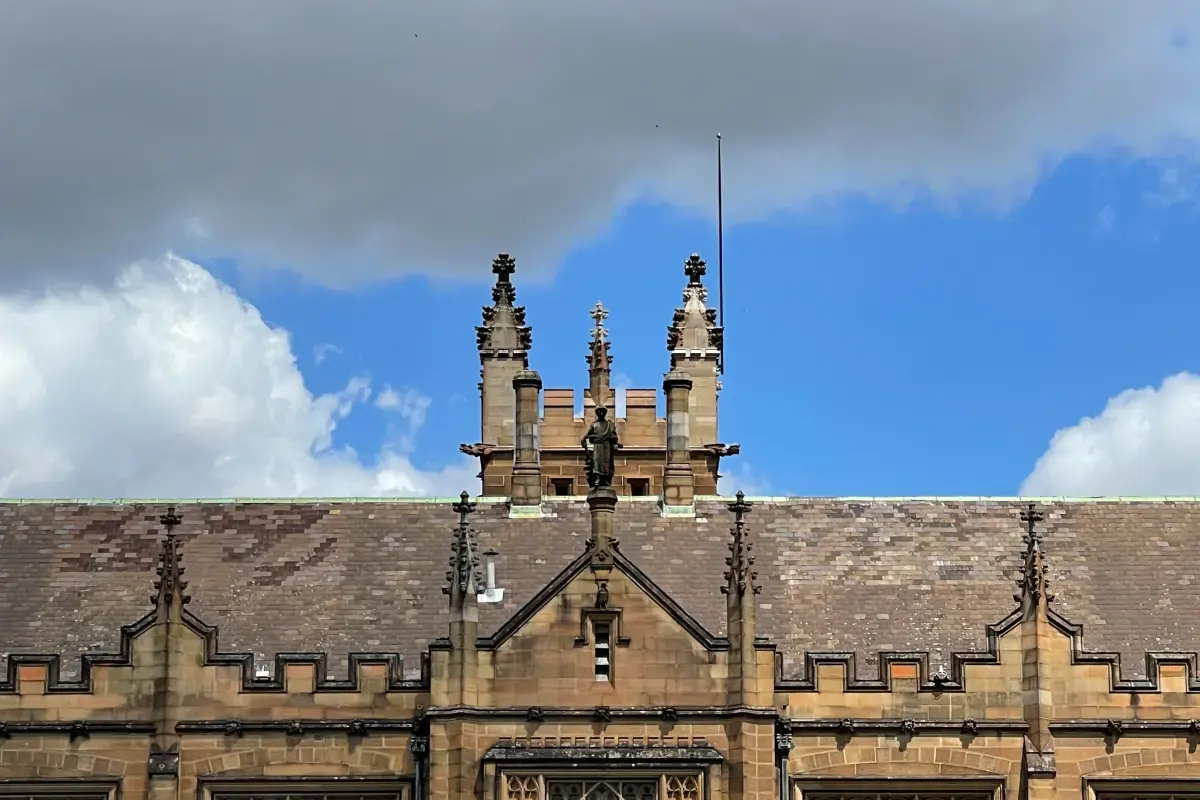
Featured Locations
Frequently Asked Questions
- Construction
- Business Analysis
- Web & App Development
- Animation
- Nursing
- Teaching
- Engineering
- Marketing
- Plumbing
- Carpentry
- Software Engineer
- Data Analyst
- Hospitality Staff
- Builders
- Full-time
- Part-time
- Permanent
- Freelance
- Gig Jobs
- Contract
- Weekend work
- Out of Hours
- Night shift
- Casual
- Temporary
- Remote
- Work From Home
- Work From Anywhere
- Telecommuting
- Flexible
See here for more Help & Support questions
